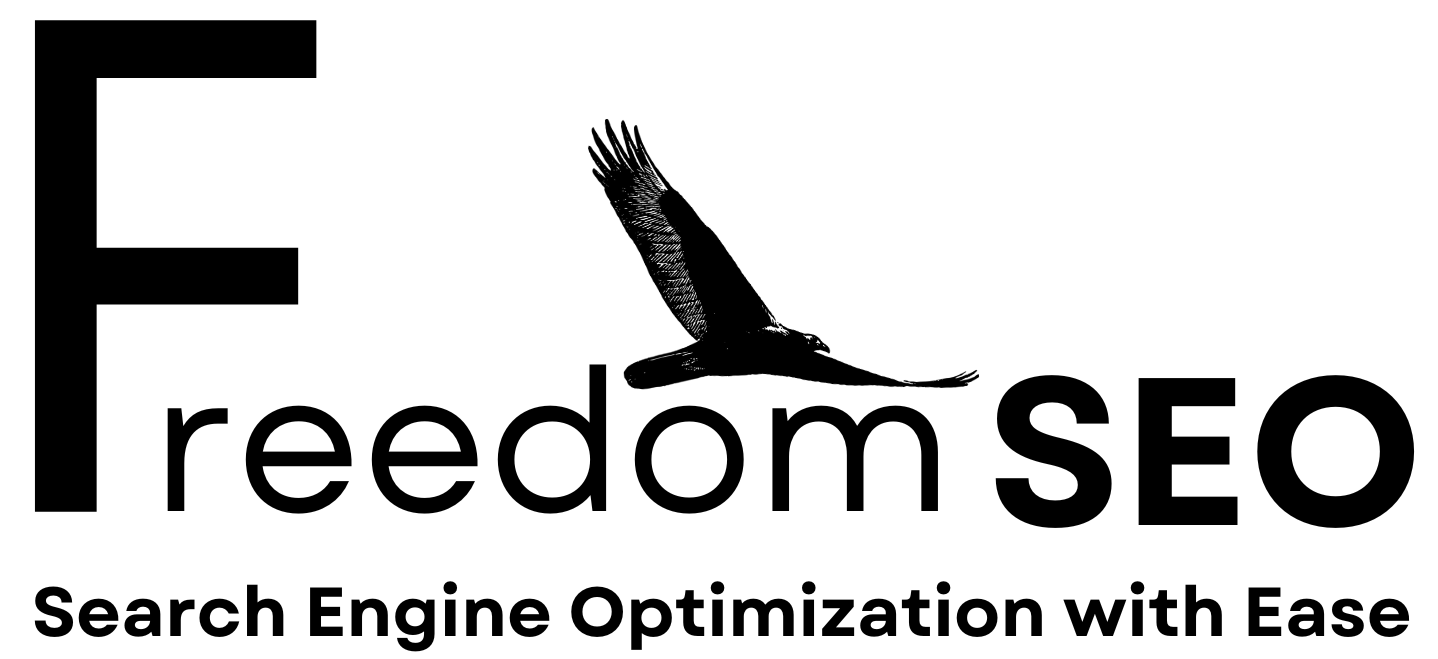Implement Schema Markup for Local SEO Success

Most Canadian small businesses have never heard of schema markup, yet it quietly powers some of the top spots in Google’s local search. You might expect that getting your business noticed online takes endless advertising or tricky strategies. But adding something as simple as LocalBusiness schema can increase click-through rates by up to 30 percent . This one technical step could be the edge your competitors have over you right now.
Table of Contents
Quick Summary
| Key Point | Explanation |
|---|---|
| 1. Gather Accurate Business Information | Ensure to collect your legal name, address, phone number, and operating hours to build effective schema markup. |
| 2. Choose the Right Schema Type | Select between LocalBusiness or Organization schema for better local search results based on your business model. |
| 3. Generate Schema Markup Code | Use JSON-LD format for your schema markup using online generators to ensure it’s structured accurately for search engines. |
| 4. Test Your Implementation | Regularly verify your schema markup using Google’s Rich Results Test for errors and compliance with search engine standards. |
| 5. Monitor and Adjust Regularly | Utilize Google Search Console to track performance and make necessary updates to your schema markup quarterly. |
Step 1: Identify Your Business Information for Markup
Successful schema markup begins with gathering accurate and comprehensive business information. This initial step creates the foundation for powerful local SEO performance by ensuring search engines understand exactly who you are and what services you provide.
Start by collecting critical business details that will form the core of your schema markup. Compile your complete legal business name , physical address, telephone number, business category, operating hours, and website URL. These fundamental pieces of information are essential for creating a robust local business schema that helps search engines accurately represent your business in local search results.
For most Canadian small businesses, this process requires accessing your official business registration documents, current business license, and verified contact information. Precision matters significantly here - even minor discrepancies can negatively impact your local search visibility. Verify each detail against multiple sources such as your business registration paperwork, tax documents, and current online listings to ensure absolute accuracy.
Specifically focus on gathering these key details:
- Legal Business Name : Exactly as registered on official documents
- Physical Address : Complete street address matching official records
- Phone Number : Primary business contact number
- Website URL : Your official business website
- Business Category : Primary industry or service classification
- Operating Hours : Accurate current business hours for each day
Pro tip: Create a dedicated spreadsheet or document to track and organize this information. This will not only help you during schema markup implementation but also serve as a central reference for future online marketing efforts. Learn more about optimizing your local business profile to complement your schema markup strategy.
Verify your collected information by cross-referencing multiple sources and ensuring absolute consistency.
The following checklist table summarizes the essential business information you need to collect and verify for effective schema markup.
| Information Category | Description | Verification Source(s) | Typical Format |
|---|---|---|---|
| Legal Business Name | Official name as registered | Business registration, tax documents | “ABC Plumbing Ltd.” |
| Physical Address | Complete and current street address | Utility bills, government filings, Google Business Profile | 123 Main St, Toronto, ON M1M 1M1 |
| Phone Number | Primary business contact | Official website, business listings, registration docs | (416) 555-1234 |
| Website URL | Official site customers visit | Web hosting provider, domain registrar | https://abcplumbing.ca |
| Business Category | Industry or main service classification | Registration papers, online directories | Plumber, Restaurant, Retail |
| Operating Hours | Accurate hours for each day | Storefront signage, business website, staff reference | Mon-Fri 9 a.m. – 5 p.m. |
| Any variations between your website, Google Business Profile, and other online directories can potentially confuse search algorithms and diminish your local SEO effectiveness. |
Step 2: Choose the Right Schema Markup Type
Selecting the appropriate schema markup type is crucial for effectively communicating your business details to search engines. This step transforms your collected business information into a structured format that helps search algorithms understand and represent your business more accurately in local search results.
For most Canadian local businesses, two primary schema markup types will be most relevant: LocalBusiness and Organization . The LocalBusiness schema is specifically designed for businesses with a physical location, providing detailed information about your specific business type, service area, and contact details. This markup is ideal for restaurants, retail stores, service providers, and other location-based businesses that interact directly with local customers.
The Organization schema offers a broader approach, which works exceptionally well for businesses with multiple locations, franchises, or complex corporate structures. This markup helps establish your brand’s digital identity by including additional details like your company logo, social media profiles, and overall organizational information. Discover more about optimizing your local business profile to complement your schema strategy.
To determine the most appropriate schema type, consider these key factors:
- Physical Location : Do you have a storefront or serve customers at a specific address?
- Business Model : Are you a single-location business or part of a larger organization?
- Service Area : Do you provide services locally or operate exclusively online?
For most small to medium Canadian businesses, the LocalBusiness schema will provide the most direct and beneficial markup. If your business operates across multiple locations or has a complex organizational structure, the Organization schema might offer more comprehensive representation.
Below is a comparison table to help you determine which schema markup type is best suited for your Canadian business scenario.
| Schema Markup Type | Best For | Key Features | Example Businesses |
|---|---|---|---|
| LocalBusiness | Single-location businesses | Detailed info on physical location, contact, hours, and business type | Retail stores, salons, clinics |
| Organization | Multi-location or larger organizations | Includes brand info, social profiles, broader company details | Franchises, corporate offices |
| Combined (e.g., LocalBusiness + Restaurant) | Niche or specific operations | Adds industry-specific details for higher search relevance | Restaurants, dental practices |
Pro tip: You can also combine different schema types for more comprehensive markup. For instance, a local restaurant might use both LocalBusiness and Restaurant schema to provide extremely detailed and specific information about their business. Precision in your schema selection ensures search engines can accurately understand and display your business information in local search results.
Step 3: Generate Schema Markup Code for Your Business
Generating schema markup code transforms your business information into a structured format that search engines can easily understand and interpret. This critical step bridges the gap between your business details and how they are presented in search results, enhancing your online visibility and local search performance.
The most straightforward approach for creating schema markup is using JSON-LD (JavaScript Object Notation for Linked Data) , which Google recommends as the preferred format for structured data. You have several options for generating this code: using online schema markup generators, manually writing the code, or leveraging specialized SEO tools. For Canadian business owners without advanced technical skills, online tools provide the most accessible solution.
Begin by selecting a reputable schema markup generator that supports LocalBusiness or Organization schema types. Google’s Structured Data Markup Helper is an excellent free tool that walks you through the process step by step. When using these generators, you’ll input the specific business details you collected in previous steps - including your business name, address, phone number, operating hours, and other relevant information. Explore advanced optimization techniques for your online presence to complement your schema markup strategy.
Key considerations when generating your schema markup code:
- Accuracy : Ensure every detail matches your official business records
- Completeness : Include as much relevant information as possible
- Consistency : Match the information across your website and other online platforms
Once generated, the JSON-LD code will look like a structured text block containing your business information in a format search engines can readily parse. Most schema markup generators will provide a preview of the code and offer options to copy or directly implement it into your website. For those less technically inclined, many website platforms and SEO plugins now offer built-in schema markup integration, simplifying the implementation process.
Verify your generated schema markup using Google’s Rich Results Test tool, which checks the code for errors and provides a preview of how your business might appear in search results. This final verification step ensures your schema markup is correctly formatted and ready to enhance your local SEO performance.

Step 4: Add Schema Markup to Your Website
Adding schema markup to your website is a strategic process that transforms your carefully prepared structured data into a format search engines can understand and utilize. This step bridges the technical gap between your business information and its digital representation in search results.
For most Canadian small businesses using WordPress or similar content management systems, implementation becomes remarkably straightforward. The two primary methods for adding schema markup are direct HTML insertion and using SEO plugins . If you’re comfortable with basic web coding, you can manually insert the JSON-LD script directly into your website’s header or footer section. This involves adding the generated schema markup code within “

















